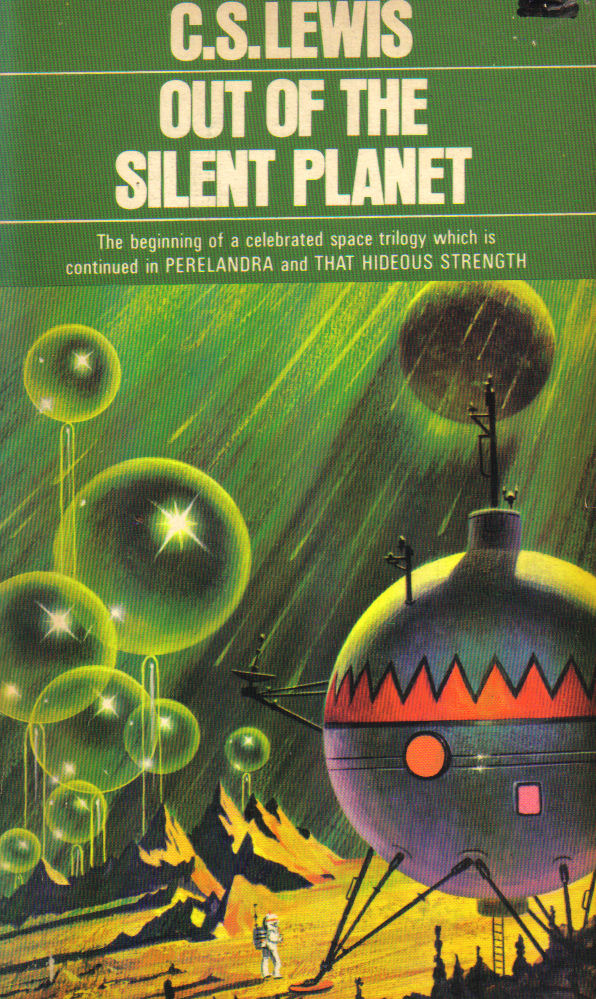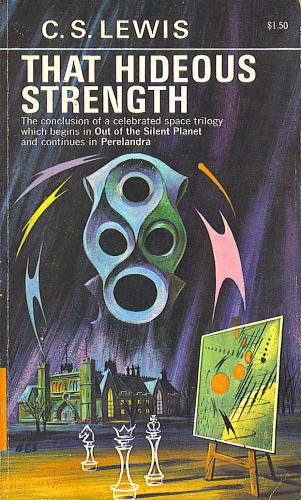Who knew that finding a rare book would also involve running for her life?
When Poe Baxter fled her job as an English professor, she was thrilled to be launching into her career as an antiquarian book dealer with a trip to Edinburgh. But she soon finds that her queries into a particular book's provenance are drawing some less desirable attention to her and her best friend Beattie. Not everyone is interested in sharing this particular story.
Will the women be able to discover the book's origins without bringing about their own ends?
This was a free ebook that I downloaded for obvious reasons. Bookish mysteries are my kryptonite. I was hyped for the rare books angle, which was interesting enough, and enjoyed reading about Edinburgh (I really want to visit it now). I
liked the fabulism angle with the Scottish folklore book making its
owner see sea monsters in every reflective surface and liquid, but it
wasn't delved into much. Overall, I found the mystery only serviceable, the villain kind of obvious, and the reason for murder kind of stupid. The only characters I actually liked were Beattie (who actually has common sense and is fashionable, cool, and trans) and Poe's rare books librarian love interest (smart and nice if rather boring). I like that Poe and Beattie are middle-aged, but Poe acts like a steampunk-obsessed teenager. Why did she think it was a good idea to wear Victorian men's cosplay to her flight to Scotland? Why is she clumsy and always blurting out things she shouldn't? She feels like every female protagonist in a mediocre-ly written independently published mystery (I've read several, due to my love of free ebooks). Poe doesn't seem to know much about antiquarian book dealing, which she's only doing because her rich uncle hired her to do the book dealing for him. For instance, Poe doesn't know that books above a certain age (1800s? and older) have sewn pages, not glued. Being an English professor does not make you an expert in rare books. Poe has a pet hamster she ascribes a diva personality to which is not at all annoying to read about (sarcasm), and she takes him everywhere, which is a little weird (but not as weird as saying that the hamster's giving her judgy looks). Poe's librarian love interest's brother is Beattie's love interest. Their relationships (insta-attraction, wouldn't you know) are not interesting and don't really add anything to the story. You could have gotten the rare books librarian involved just out of his professional interest, rather than making him and Poe an item. The mystery should have been dwelled on more; the plots are kind of not enough.
Overall, this was a mostly fun way to while away time at the reference desk. I'm not mad I read it and wouldn't mind reading more books in the Poe Baxton series if they are all free and about rare books. I wouldn't spend money on them though. The FaF ebook is still free as of this posting. I really like the cover for this book; I wish the book were that good.
Score: ★★★ out of 5 stars
Spice score: 0 out of 5 chilies (just kissing)
Read in: April 25
From: Barnes & Noble/Nook
Representation: trans woman secondary character, middle-aged characters
Trigger warnings: murder, blood, guns, being held at gunpoint, past transphobia mention, nice cop character



